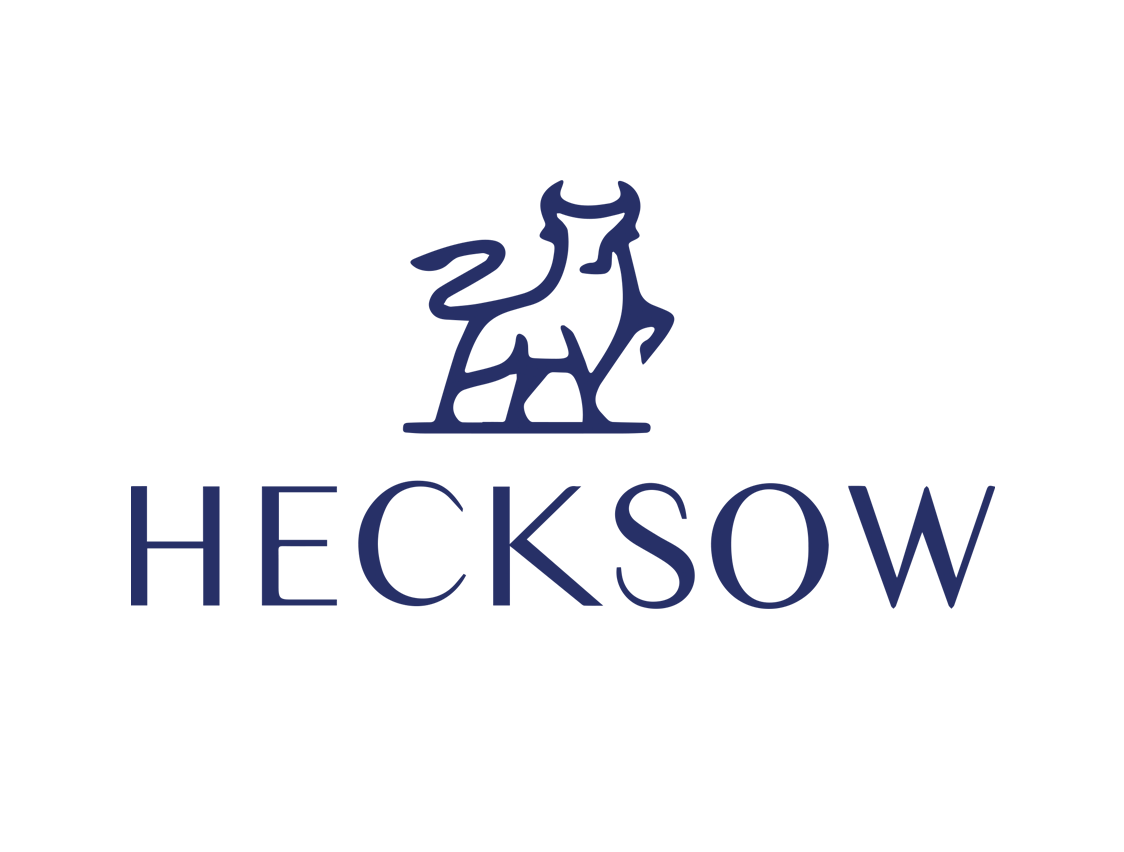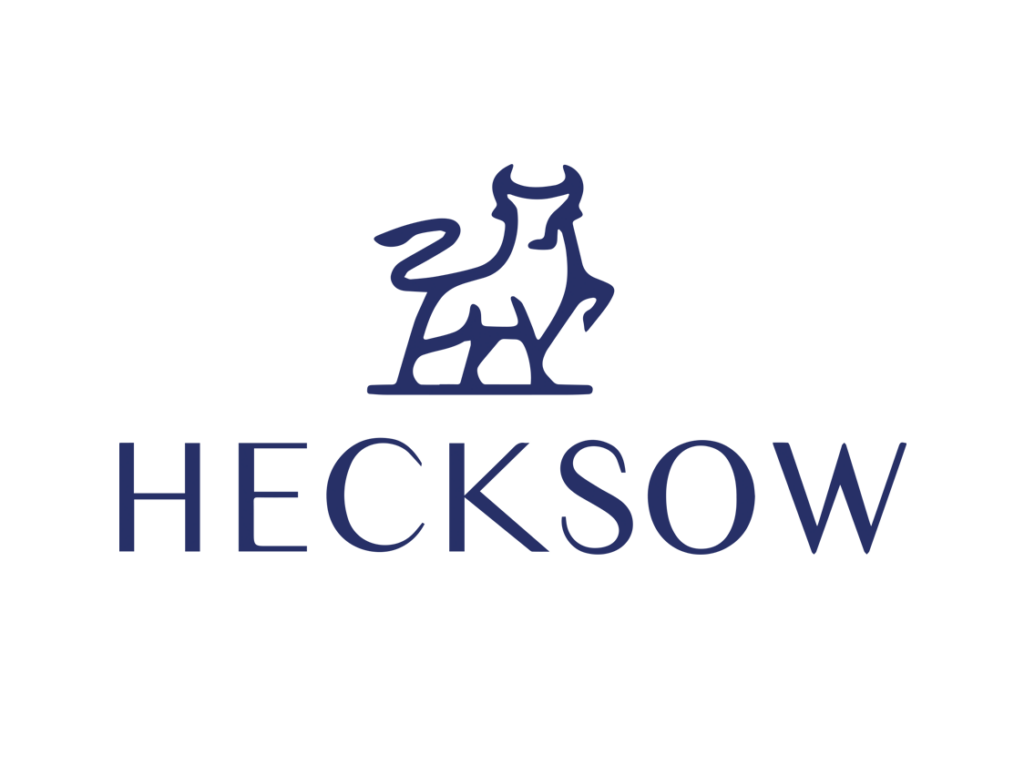In an era where technology continues to disrupt traditional industries, the real estate sector, particularly the mortgage process, is undergoing a transformation. Smart contracts, a pivotal technology underpinning blockchain platforms, are now streamlining the often cumbersome and error-prone process of securing a mortgage. This blog explores how smart contracts are revolutionizing the mortgage industry, making the process quicker and less error-prone, with a focus on Hecksow’s innovative approach.

Understanding Smart Contracts
Smart contracts are self-executing contracts with the terms of the agreement directly written into lines of code. The code and the agreements contained therein exist across a distributed, decentralized blockchain network. The code controls the execution, and transactions are trackable and irreversible, providing a level of security and trust that traditional contracts simply cannot offer.
The Traditional Mortgage Process: Challenges
Traditionally, obtaining a mortgage involves several parties — banks, lawyers, and brokers — and a multitude of steps that can be both time-consuming and error-prone. From application to approval, the process includes extensive document verification, credit checks, property appraisals, and more. Each step introduces potential delays and human error, which can lead to significant inefficiencies and increased costs for all parties involved.
How Smart Contracts Simplify Mortgages
Smart contracts introduce automation, transparency, and efficiency to the mortgage process. Here’s how they are making a difference:
1. Streamlined Processing
Smart contracts automate many steps in the mortgage process that traditionally require manual intervention. For instance, once certain predefined conditions are met, such as verification of the borrower’s financial status, the smart contract automatically progresses to the next stage of the mortgage approval. This automation significantly speeds up the process, reducing the time from application to approval.
2. Reduced Errors and Fraud
With automation comes a significant reduction in human errors. Smart contracts operate on an “if/when…then…” principle, meaning that transactions are executed only when agreed conditions are met. This not only minimizes errors but also prevents potential fraud as the contract terms are immutable and executed exactly as written.
3. Cost Efficiency
Smart contracts eliminate the need for many intermediaries typically involved in the mortgage process, such as brokers and legal advisors, which can substantially reduce the costs associated with obtaining a mortgage. These savings can be passed on to the consumer, making mortgages more affordable.
4. Enhanced Security
Blockchain technology offers enhanced security features. The decentralization of data ensures that no single point of failure can compromise the integrity of the mortgage process. Additionally, all transactions are encrypted, further securing sensitive financial information.
5. Transparency and Accessibility
Every transaction on a blockchain is recorded on a public ledger, ensuring complete transparency. This accessibility means that all parties involved can track the progress of the mortgage application and view the status of each step in real-time.
Hecksow’s Implementation of Smart Contracts in Mortgages
Hecksow utilizes smart contracts to optimize the mortgage process within its decentralized autonomous organization (DAO) framework. Here’s how Hecksow is applying smart contracts to improve the mortgage process:
Customizable Loan-to-Value Ratios
Hecksow’s platform allows each DAO to set and adjust its loan-to-value (LTV) ratios based on real-time market data and individual borrower risk profiles. This flexibility helps in managing risks better while accommodating the unique circumstances of borrowers in different regions.
Tokenization and Revaluation
Hecksow integrates a tokenization mechanism where mortgages can be paid using HKSW tokens. An annual revaluation of these tokens ensures they reflect true market values, thereby maintaining the ecosystem’s stability and growth.
Decentralized Decision-Making
By decentralizing the decision-making process, Hecksow allows for more democratic and transparent governance within its ecosystem. Borrowers benefit from a system that adapts quickly to changes in the market or in regulatory frameworks.
Smart contracts are not just a technological innovation; they represent a shift towards more equitable and efficient systems in financial domains. For the mortgage industry, they offer a promising solution to the age-old problems of inefficiency, opacity, and high costs. Hecksow is at the forefront of this revolution, harnessing the power of smart contracts to deliver a mortgage process that is as seamless as it is secure, heralding a new era of accessibility and trust in real estate financing.
As we continue to navigate through the complexities of real estate and blockchain, it becomes clear that the integration of smart contracts in mortgage processes is not just beneficial but necessary for a future where technology handholds tradition into the digital age.




